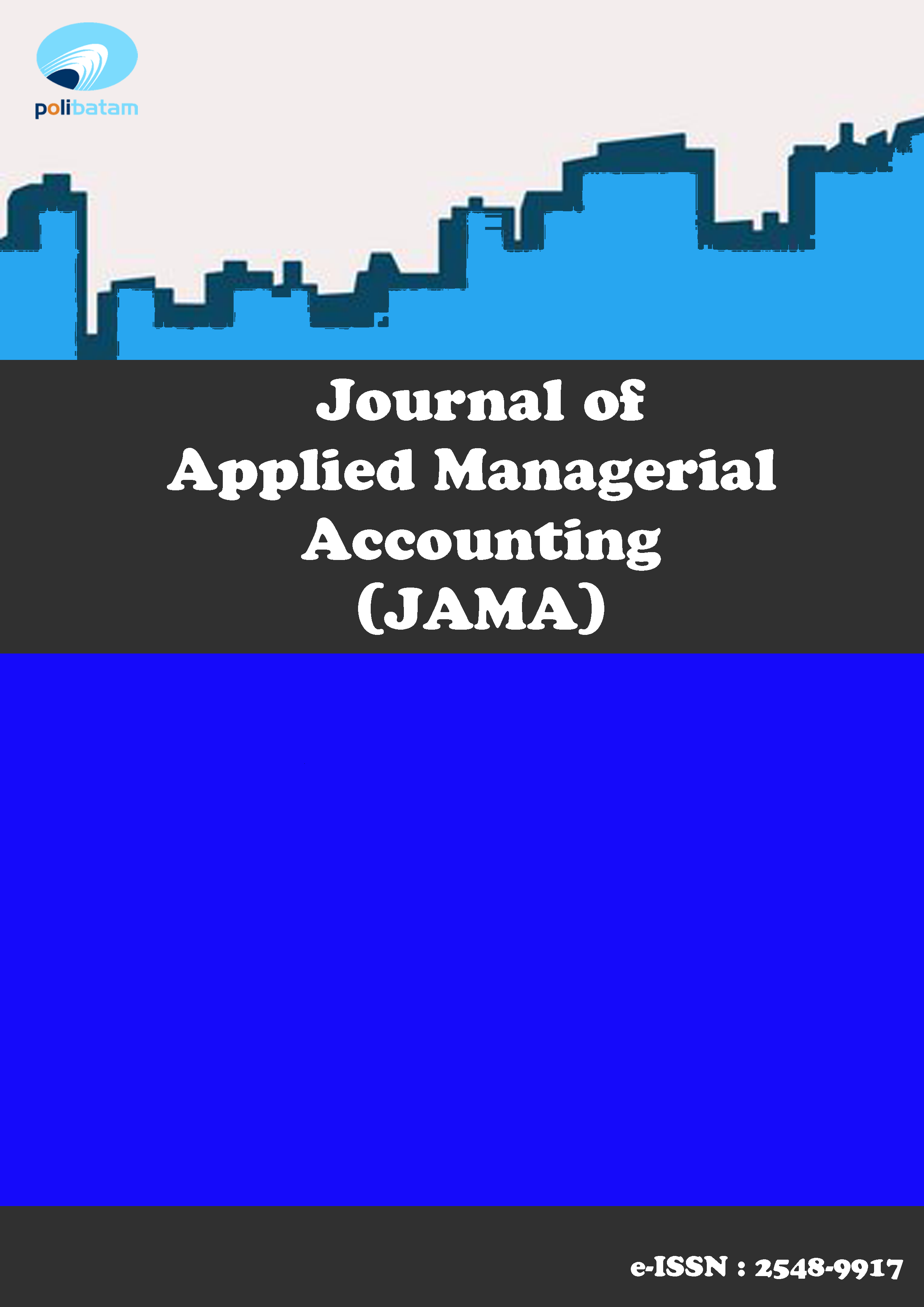FINTECH LENDING AND IMPULSIVE BEHAVIOR: HOW GREAT IS THE POTENTIAL AND INTENTION TO COMMIT ACCOUNTING FRAUD?
DOI:
https://doi.org/10.30871/jama.v8i2.8724Kata Kunci:
Asset embezzlement; Cash Embezzlement; Impulsive Behavior; Note manipulation; PaylaterAbstrak
This research aims to prove the meaning of impulsive behavior and the use of paylaters in digital transactions which can trigger intentions to commit accounting fraud in companies. This research was conducted using qualitative methods with a phenomenological approach which aims to interpret and explain the experiences a person experiences in life. In this research, researchers selected company employees in the finance department who are vulnerable to committing fraud or have great potential to commit fraud and have the following criteria: (1) Have a minimum of 5 years of work experience, (2) Informants have carried out transaction activities using financial technology specifically. using paylater. Based on the results of the research conducted, it can be concluded that there are several potential frauds committed by company employees, specifically the finance department, which include: (a) Note manipulation, (b) Asset embezzlement (c). Cash Embezzlement. Apart from that, the use of paylater can have positive and negative impacts, the positive impact can make it easier to fulfill needs or desires without having to wait a long time or the availability of sufficient money to be able to meet these needs, while from the negative side it can be seen from the intention of fraud that will arise for employees. Companies that are research informants, when they use paylaters, must think about how to pay the debt and the possibility of committing fraud by looking at the potential for fraud that arises at the work location where they are placed.
Unduhan
Unduhan
Diterbitkan
Cara Mengutip
Terbitan
Bagian
Lisensi
Hak Cipta (c) 2024 Ousman Jallow, Rafles Ginting, Lusy Lusy, Ricky Yunisar Setiawan

Artikel ini berlisensiCreative Commons Attribution-ShareAlike 4.0 International License.





